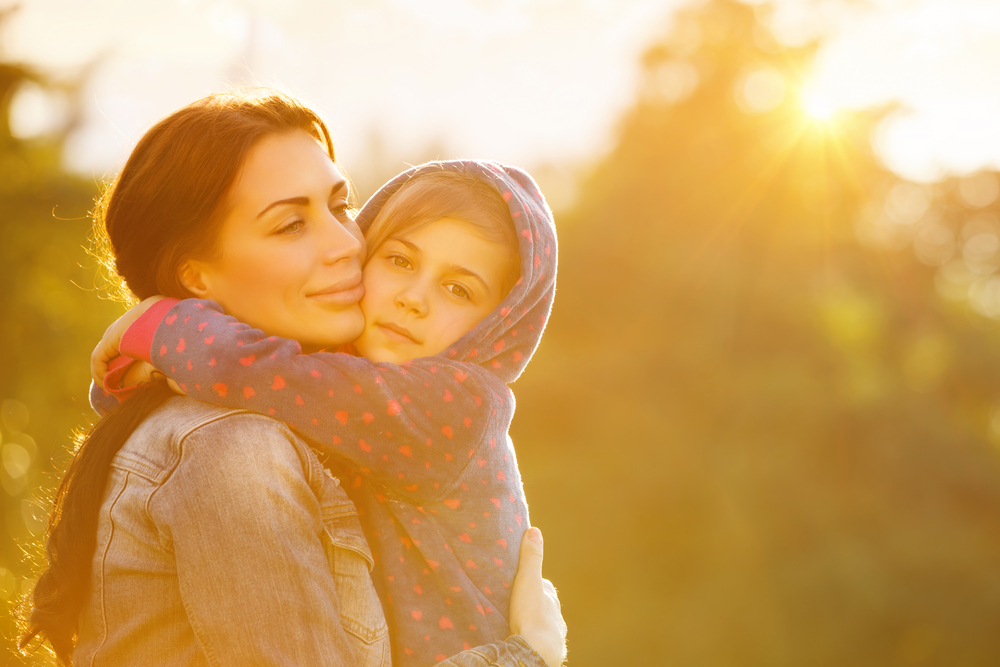
People who don’t like tenderness, the world can seem like a tricky place. You can never be sure that you are not going to be attacked with hugs even if you just met with a friend over a Cup of coffee. Telling how to live if this problem is familiar to you.
Why do people relate differently to embrace?
Experts believe that much depends on education. “Our tendency is to touch often comes from early childhood, “says Suzanne Degas white, Professor Northern Illinois University (USA). Studies show that people who as children often hug, love and touch in adult life. On the other hand, if the parents were opponents of the arms, then the attempts of other people to show affection can cause discomfort. However, it happens sometimes that the manner of communication of the parents gives the opposite effect. “Sometimes children suffer from lack of touches and therefore becoming supporters of the arms,” explains Degges-white.
An important role can also play self esteem. “People who are open to physical contact with others, usually more confident,” – said the Professor.
And, of course, can not escape from the cultural component. According to the 2010 study of the scientific center of “Greater Good Science Center at UC Berkeley” in California, the British and Americans embrace less than the French.
And whether you want to hold my children?

Garcia of the narváez Professor of psychology University of Notre Dame, said that without a touch from a child can remain underdeveloped vagus nerve. This will lead to that affected its oxytocin system is responsible for the formation of attachment. So the child will not be able to fully experience the love, compassion, and the need to communicate.
Her words confirmed the experiment with a group of orphans from Romania. The researchers noted that children who were long in the shelter and have almost not touched, decreased production of oxytocin. Even when they were adopted, the level of hormone is not increased – unlike children, which are well cared for.
And it should be considered, even if you belong to a group of parents who do not like to cuddle.
What if I want to hug someone who doesn’t like that?
It’s simple: the experts recommend not to go to the man with hugs, unless you’re close friends. You may be comfortable with physical contact even with a barely familiar person, but he will be forced to quietly endure, not to seem rude.
But they say hugging is good for health?

Yes, it is: “tenderness” improve immunity.
In 2015, the American scientists have found out that people often hugged, 32% less likely to suffer from colds. This is due to the fact that the feeling of love reduces stress.
How to overcome aversion to arms?
Psychologist Samantha Hess has a plan in this case: “We offer 78 versions of the poses for the arms, so that people can find something acceptable.” Act like Samantha: you don’t have to rush into the arms, if you are not comfortable. To get started, simply place your hand on the shoulder of someone cute.
Professor Degges white recommends to do this, spit on the sense of unease. “After the hug can feel the relief, gratitude, unexpected acceptance and even regret that for so long refused,” she says.
How important for a child touch parents can find out more in the article “Why is it important to take children on his hands?”.
